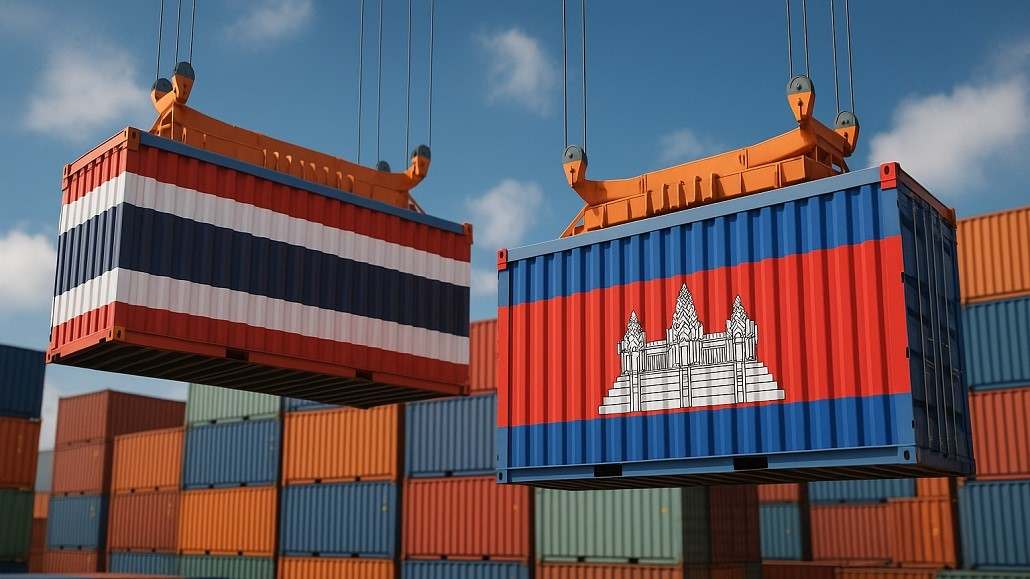The ongoing border dispute between Thailand and Cambodia has emerged as a significant concern for the global fashion sector. Tensions have escalated amid armed clashes, leading to fears that the conflict could disrupt the supply chains of many fashion brands that source materials and garments from the region.
Recent reports indicate that the conflict has already resulted in the exit of two fashion brands from a garment worker agreement designed to protect labor rights. The Garment Manufacturers Association in Cambodia (GMAC) has expressed deep concern over the potential impact of the conflict on the garment industry, which is a crucial sector for both countries’ economies. The Cambodian garment industry, in particular, relies heavily on exports to international markets, including major fashion retailers.
Industry experts warn that continued violence may lead to significant supply chain disruptions, as many brands depend on the fabric and garments produced in Cambodia, often crossing over from Thailand. The border dispute, which centers on historical territorial claims, threatens not only the stability of the garment manufacturing sector but also the livelihoods of thousands of workers who depend on these jobs.
The dispute exacerbates existing challenges faced by the Cambodian garment industry, such as rising costs and increasing competition from neighboring countries. Analysts suggest that the international fashion industry needs to monitor the situation closely, as any escalation in conflict could lead to increased tariffs, supply shortages, and ultimately higher prices for consumers.
With both governments urged to seek peaceful resolutions, the hope is that de-escalation will allow for a return to normalcy in trade relations, thereby safeguarding the vital garment sectors of both nations. As the global fashion industry becomes increasingly interconnected, regional stability remains paramount for continued growth and sustainability.
































